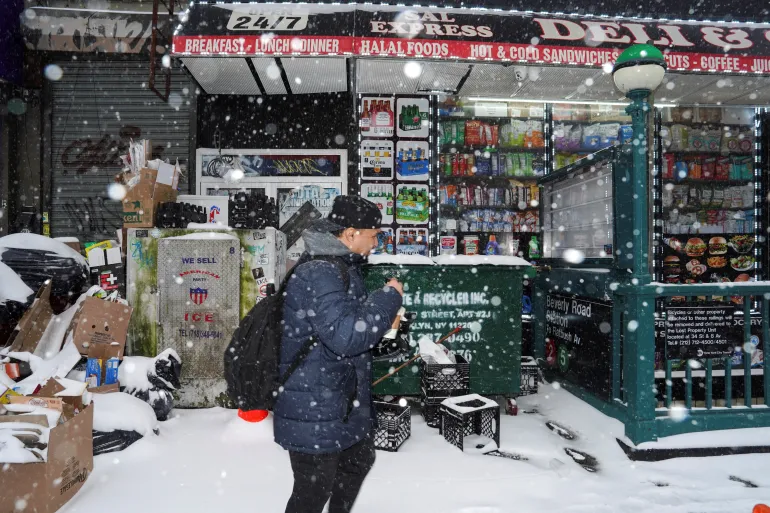Cases of an invasive strain of strep throat, caused by Group A Streptococcus (GAS), have seen a concerning rise in the United States, with some areas reporting more than double the previous rates, according to the Centers for Disease Control and Prevention (CDC), FOX News reports.
The surveillance study, published in JAMA, highlights a substantial increase in GAS infections from 2013 to 2022, with some states experiencing a notable surge in cases.
States affected by this rise include California, Colorado, Connecticut, Georgia, Maryland, Minnesota, New Mexico, New York, Oregon, and Tennessee. The overall incidence rate of GAS infections more than doubled during the study period, increasing from 3.6 to 8.2 cases per 100,000 persons.
GAS is commonly known for causing non-invasive infections such as strep throat and impetigo, but it can also lead to more severe conditions, including sepsis, necrotizing fasciitis, and streptococcal toxic shock syndrome. The CDC’s data revealed 21,213 cases of invasive GAS infections, leading to 20,247 hospitalizations and 1,981 deaths. The most common condition caused by GAS was bacteremic cellulitis, followed by septic shock, pneumonia, and bacteremia without a clear source.
Dr. Marc Siegel, a Fox News medical analyst, pointed out that the infection requires early intervention due to its potentially life-threatening nature. He noted that the increase in cases among socioeconomically disadvantaged groups, such as the homeless and those using injection drugs, has been significant, particularly in the context of the opioid epidemic.
While the rate of infections was highest among people aged 65 and older, the sharpest increase in incidence occurred among adults aged 18 to 64. The CDC researchers stress the need for accelerated efforts to prevent and control GAS infections, particularly among high-risk populations.
The rise in cases comes after a temporary decline during the COVID-19 pandemic, with 2023 witnessing a significant spike in infections, especially among children aged 4 to 13. Dr. Shana Johnson, a physician specializing in physical medicine and rehabilitation, emphasized that the rate of GAS infections, including the invasive type, has reached its highest levels in years.
Experts believe that the recent surge could be linked to weakened immune systems, partly due to the ongoing impact of the COVID-19 pandemic. Dr. Siegel explained that other circulating viruses may also contribute to the increased vulnerability of individuals to GAS infections.
To prevent the spread of Group A strep, health experts recommend frequent handwashing, avoiding close contact with infected individuals, and covering the mouth and nose when coughing or sneezing. People with strep throat should stay home until they no longer have a fever and have completed at least 24 hours of antibiotic treatment.
Group A strep infections are best treated with antibiotics, which can help reduce the duration of illness and prevent more severe complications.










The latest news in your social feeds
Subscribe to our social media platforms to stay tuned